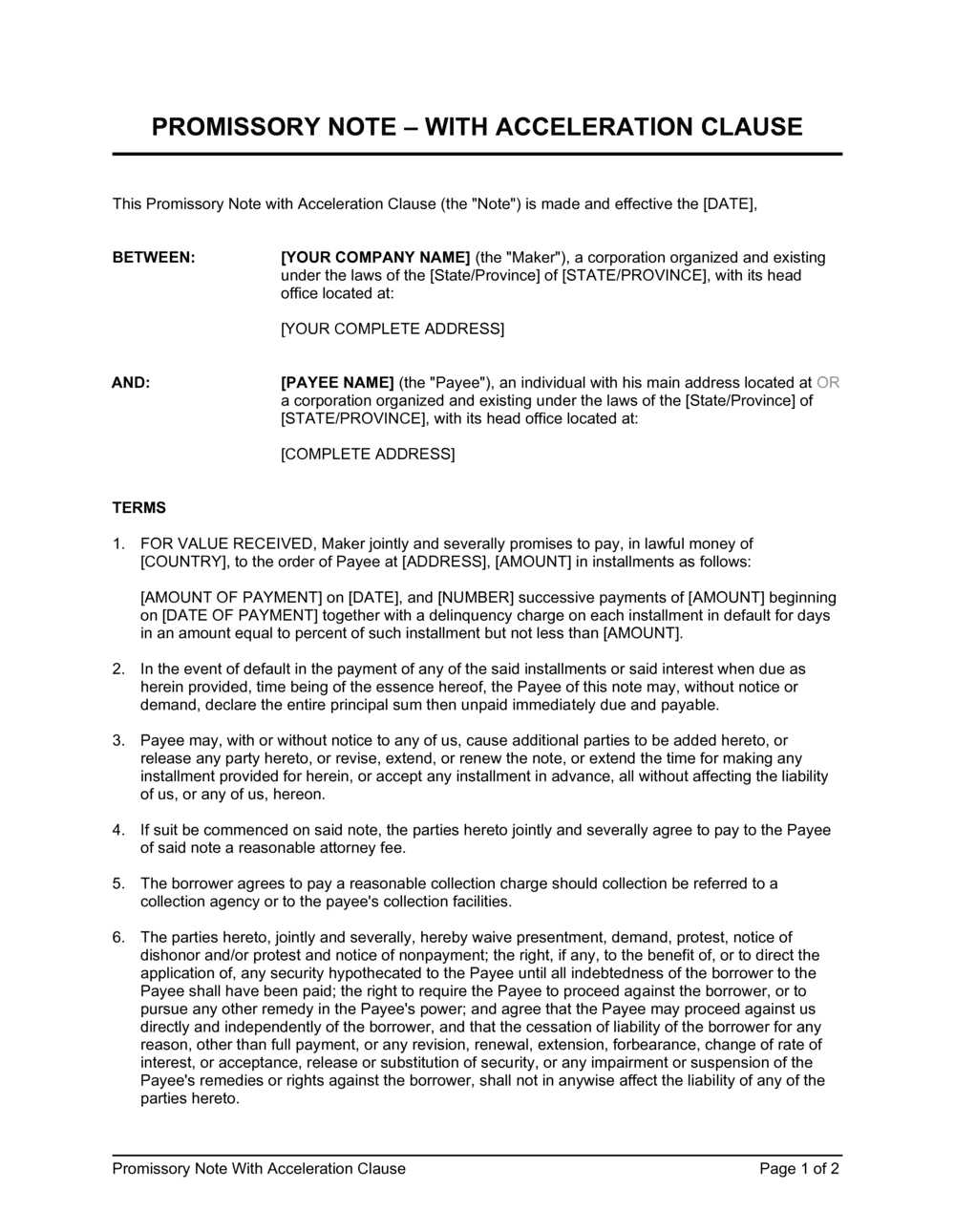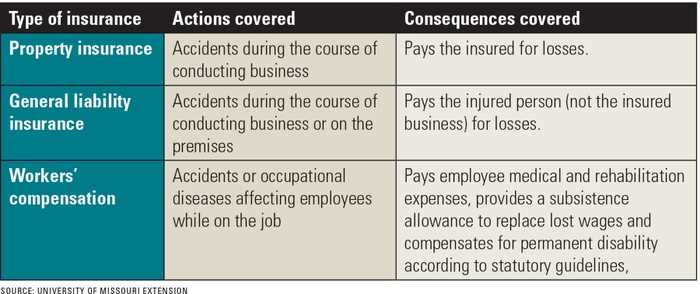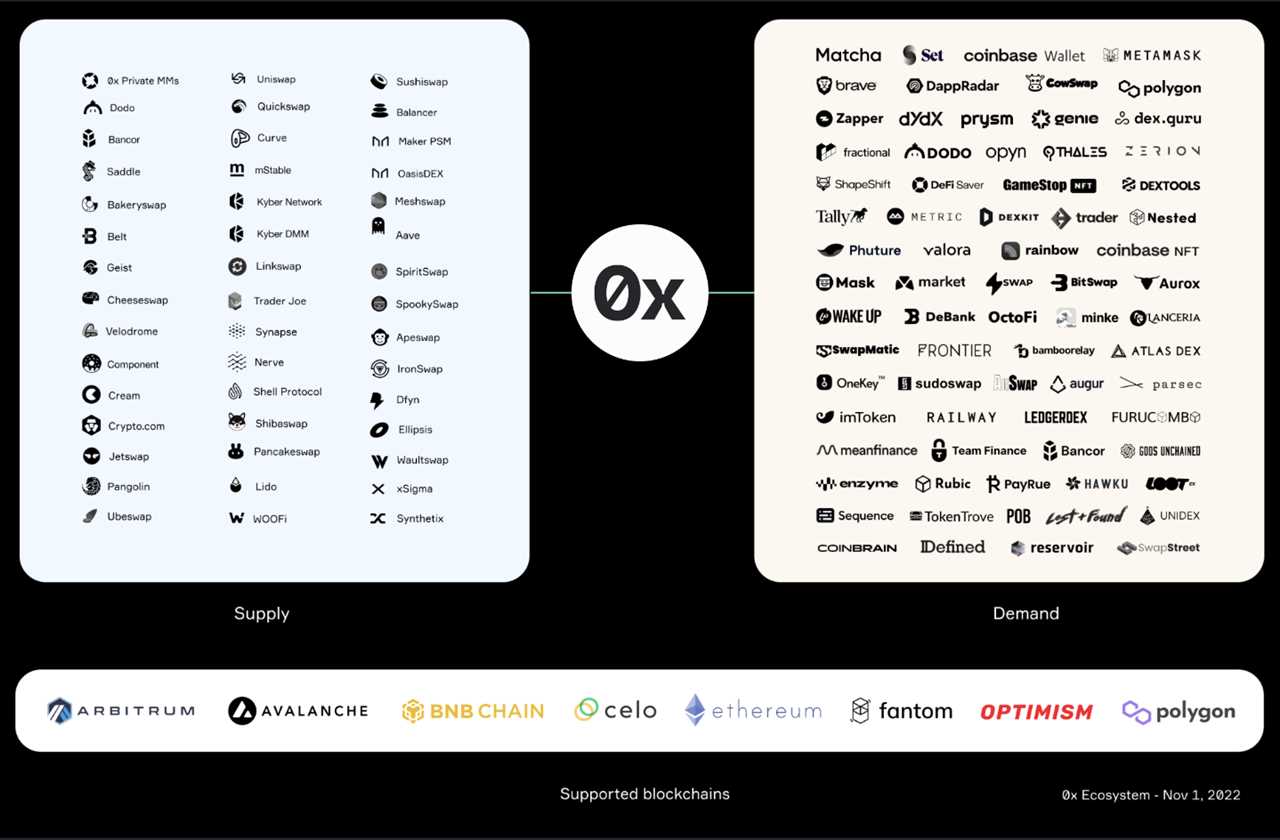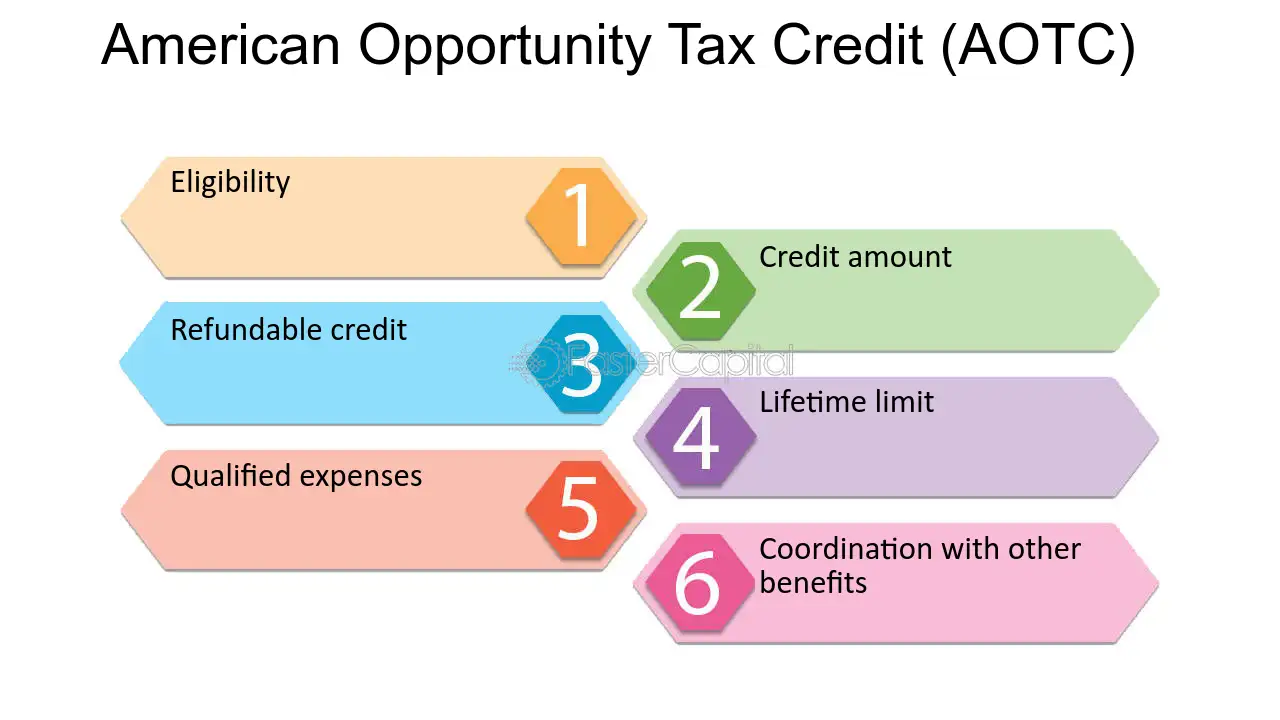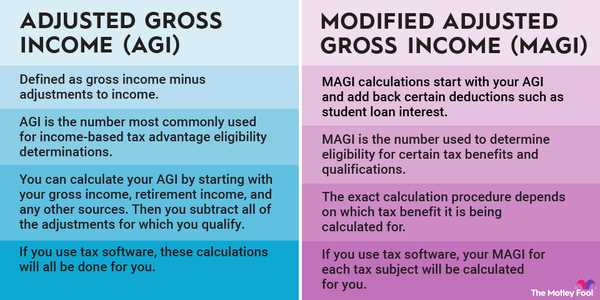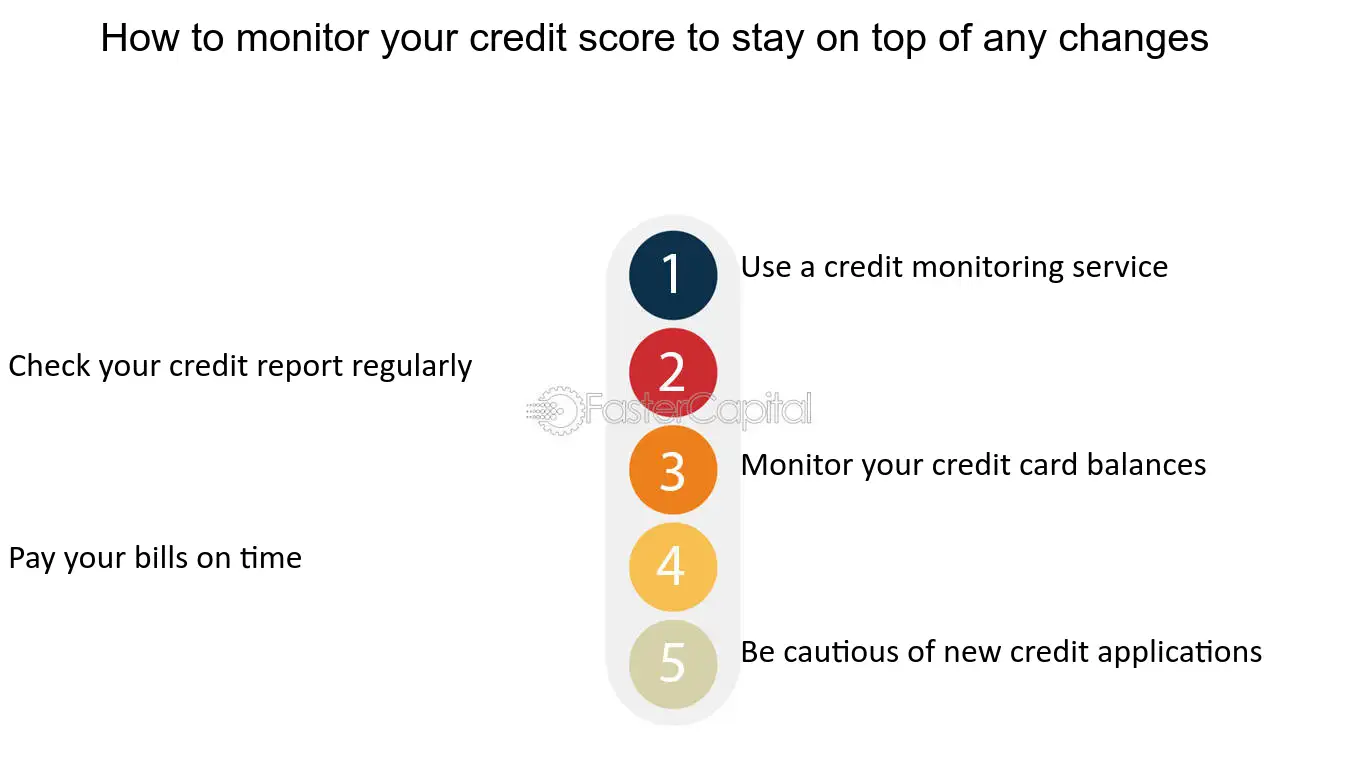3-6-3 Rule: The Slang Term for Traditional Banking Practices
What is the 3-6-3 Rule? The 3-6-3 Rule is a term used to describe traditional banking practices that were prevalent in the past. It refers to a simple and straightforward approach to banking, where banks would pay 3% interest on deposits, charge 6% interest on loans, and be on the … …



